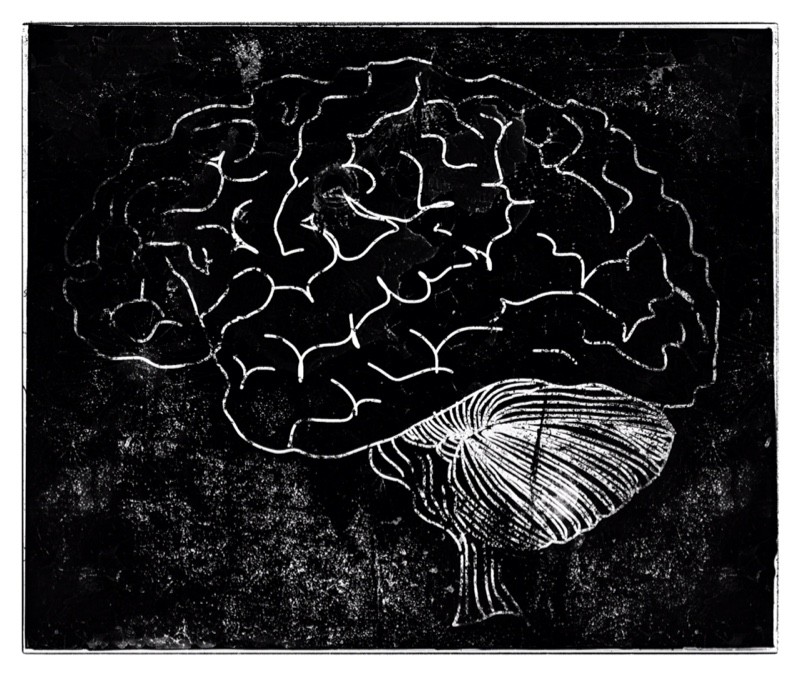
I have some inspiring news to share, midlife companions. Midlife paunch and a finicky g.i. system prompted my re-commitment to personal fitness several years ago, but I’ve stuck with my improved midlife fitness regimen and far healthier nutritional habits because of the many additional benefits I’ve experienced. My allergies have dramatically improved, energy levels are up and chronic back pain is down. I’m hooked!
I was thrilled to discover yet another benefit of midlife fitness: decelerating brain aging.
People with poor physical fitness in their 40s may have lower brain volumes by the time they hit 60, an indicator of accelerated brain aging, according to new research presented at the American Heart Association EPI/Lifestyle 2015 meeting.
“Many people don’t start worrying about their brain health until later in life, but this study provides more evidence that certain behaviors and risk factors in midlife may have consequences for brain aging later on,” said Nicole L. Spartano, Ph.D., lead author and a postdoctoral fellow at the Boston University School of Medicine. (medicalxpress.com)
It’s too early to draw certain conclusions, but the possibility that midlife fitness may slow brain aging is incentive enough, don’t you think?
Here’s a slightly more in-depth look at the same study.
People who are fit in their 40s seem to retain more brain volume 2 decades later and also perform better on decision-making tests, new research suggests…
Nicole Spartano, PhD, of the Boston University School of Medicine, and colleagues examined data from 1,271 people who underwent exercise treadmill testing in the 1970s, when their average age was 41 years. In their 60s, the participants underwent magnetic resonance imaging (MRI) brain scans and mental performance tests.
Those at midlife who had experienced a greater increase in heart rate or diastolic blood pressure (BP) after a few minutes of low-intensity exercise on a treadmill — signs of lower fitness levels — had smaller brain volumes later in life, Spartano and her colleagues found.
Similarly, those with larger increases in BP levels during low-intensity exercise performed worse on a cognition test of decision-making ability in their 60s.
Every 7.1 mm Hg rise in diastolic BP and additional 8.3 beats per minute in heart rate over participants resting levels were equated with an additional half-year of brain aging, Spartano told HealthDay. (endocrinologyadvisor.com)
Have a great workout today!
Related articles
- Fit Body at 40 May Keep Brain Bright at 60 (webmd.com)